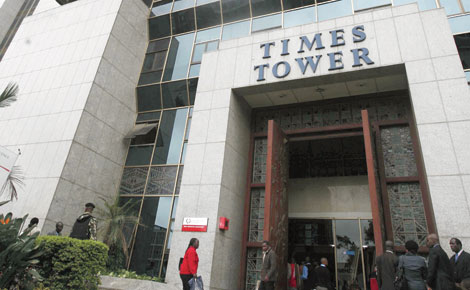×
The Standard e-Paper
Kenya’s Boldest Voice

NAIROBI, KENYA: An increase of taxes in the next Budget would be a shock to businesses in Kenya and erode the gains made in increasing the ease of doing business, Kenya Breweries Limited Managing Director Jane Karuku has said.